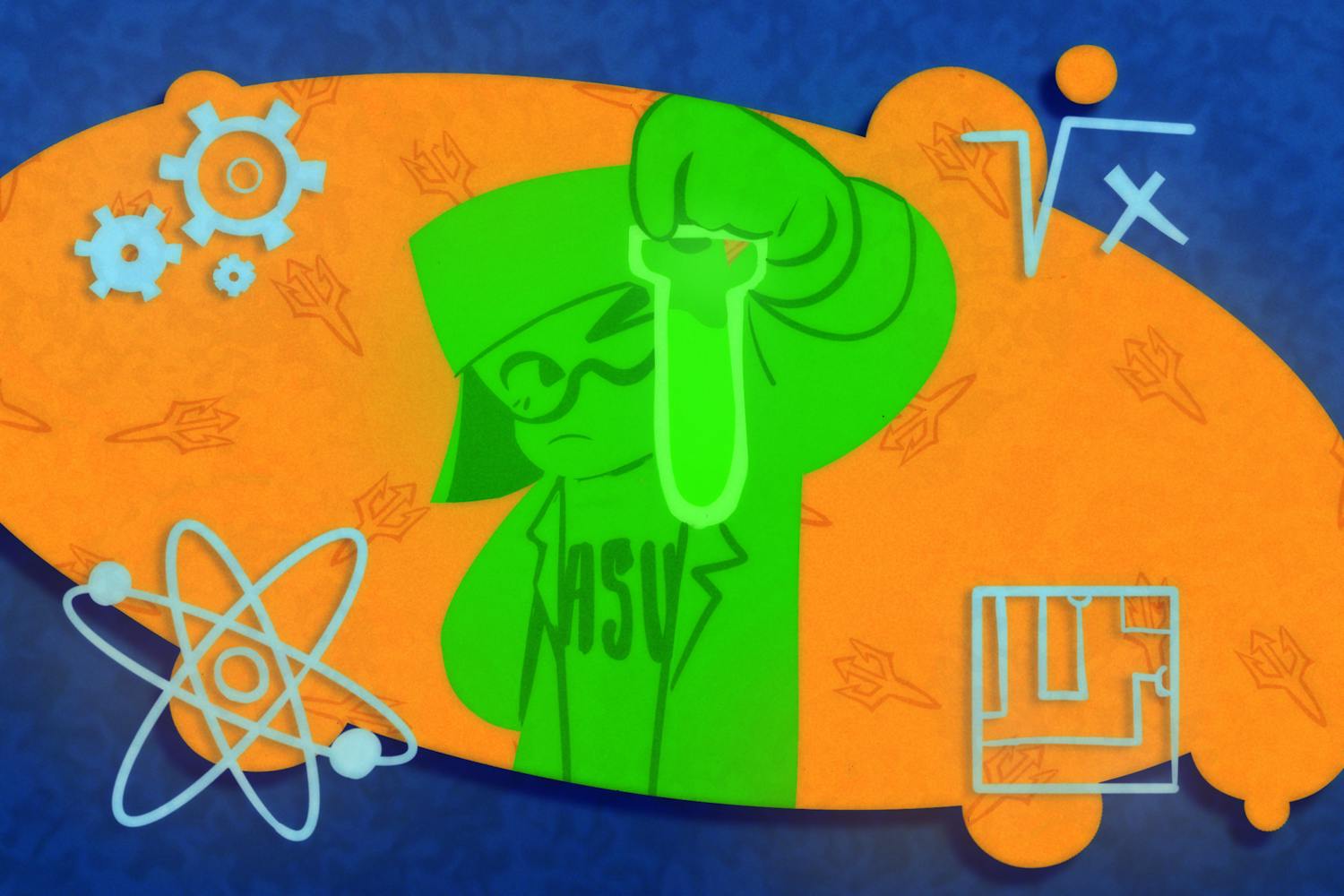In a post-Kony 2012 world, “slacktivism” is a buzzword. It's a word for those who want to make a change, but don’t necessarily want to get off the couch, supporting an issue with little to no physical or practical effect.
Now, usually disparaged, slacktivism is making a real difference in the world.
Take its poster child: Kony 2012. For a hot second, the campaign coated the Internet with a wallpaper of guilt-tripping. When the messy details of the group’s finances emerged, which revealed that only 37 percent of its budget went directly to programs in Central Africa, there was strong outcry, fueled by blogs like Visible Children, criticizing the film. The movement soon imploded in the face of the negative outcry of said questionable finances, topped by the bitter aftertaste of a not so subtle White Savior Complex.
Even if its founder’s very public breakdown struck a blow to the organization, Kony 2012 served its purpose. It sparked national outrage and even led to U.S. Senators condemning Kony. Three years later, slacktivism has exploded and taken a prime spot on nearly every form of social media.
There is a real efficiency in hashtag activism. Tumblr and Twitter and the “hashtag activism” that goes hand-in-hand with them now serve as gateways to action for our social media obsessed generation. What started as efforts to raise awareness of injustice have become movements at the national forefront like #BlackLivesMatter and #BringBackOurGirls.
Even if the debate isn’t politically centered or for a humanitarian cause like Kony 2012 was, people are being spurred to action. Even celebrities and companies are being held accountable with swift justice, such as Amandla Stenberg’s passionate commentary on Kylie Jenner’s cornrows and the appropriation of black culture.
Especially after the rising outcry against police brutality, the proliferation of vocal Twitter activists such as Janet Mock and Deray McKesson with politically-minded audiences and a sweeping range is leading to an increased demand for change.
Democratic presidential contenders are now seeking out the support and approval of activists like McKesson. Hillary Clinton met with him to discuss issues of racial profiling and policing and Bernie Sanders even reached out to McKesson over Twitter to work on a racial justice platform.
@deray Let's do it. We will PM you this week to arrange.
— Bernie Sanders (@BernieSanders) August 17, 2015
With social media connecting those from all across the nation and globe, word travels quickly. Modern activism has become much easier, with a reblog or retweet just one click away. Young people are far more informed than their predecessors ever were; it’s no surprise that many find themselves disillusioned with with political process. With slacktivism and hashtag activism, tweets are no longer just echoes into the void but part of a larger discussion that encompasses those from a variety of demographics.
Would people still remember Trayvon Martin without social media? It’s hard to say. However, social media has made a palatable change in the political climate, and for the better.
Related Links:
The tide is high for social justice, and America needs to hold on
Tech Devil: Social Media vs. Social Change
Reach the columnist at mvandobb@asu.edu or follow @maureenvd on Twitter.
Editor’s note: The opinions presented in this column are the author’s and do not imply any endorsement from The State Press or its editors.
Want to join the conversation? Send an email to opiniondesk.statepress@gmail.com. Keep letters under 300 words and be sure to include your university affiliation. Anonymity will not be granted.
Like The State Press on Facebook and follow @statepress on Twitter.




